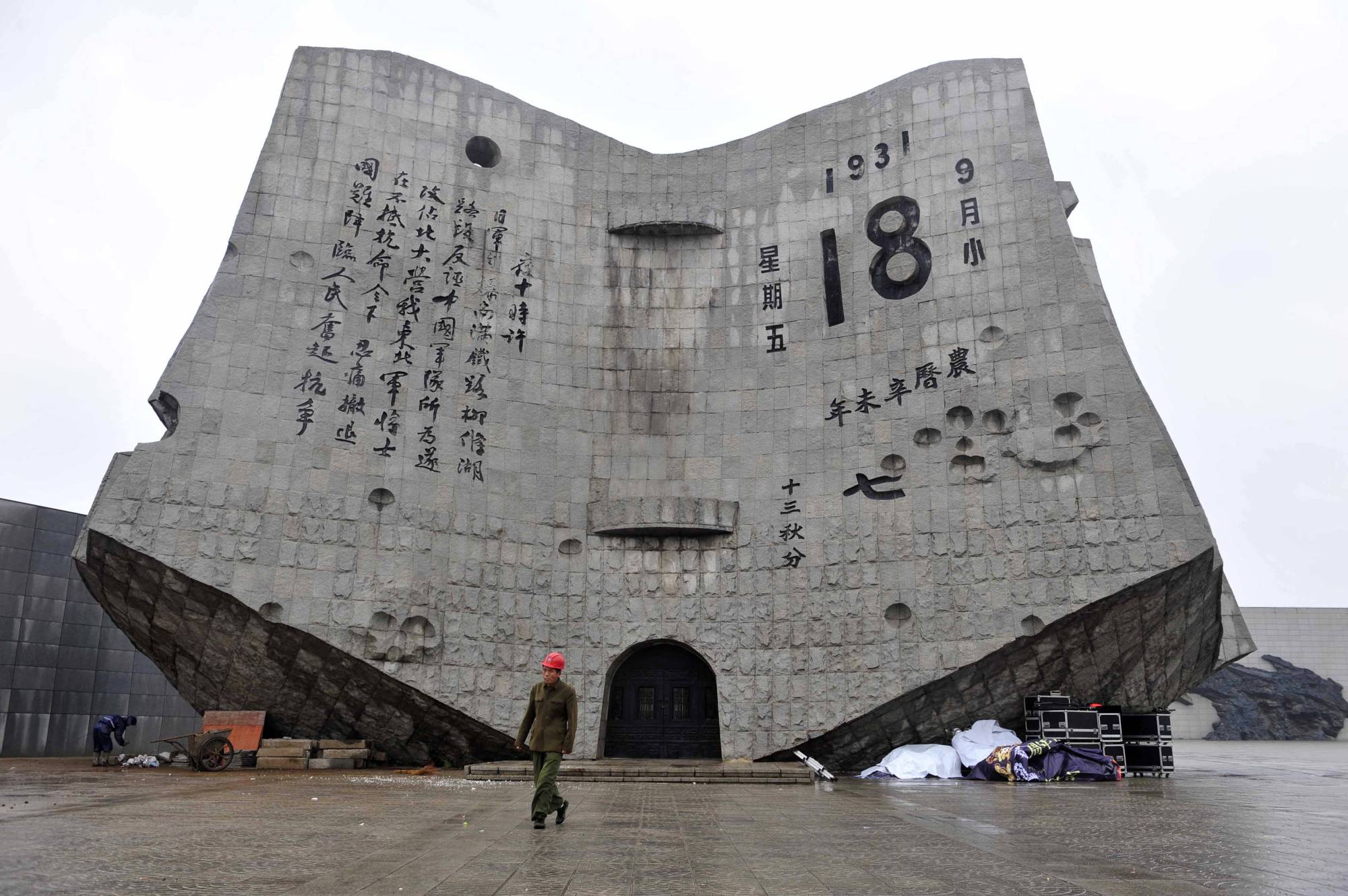Ninety years ago, on Sept. 18, 1931, a junior Japanese military officer detonated an explosive that had been carefully laid by a Japanese-owned railroad near the northeastern Chinese city of Shenyang (then known in the West as Mukden).
The blast did little damage, but that wasn’t the point. The Japanese blamed Chinese soldiers for the explosion, which they used as a pretext to capture Shenyang and occupy the entire territory, known as Manchuria.
Though Manchuria was a Chinese territory, controlled by warlords loyal (in name if not in reality) to China’s nationalist government, thousands of Japanese soldiers were stationed there under the terms of an earlier treaty. This enabled Japanese forces to overrun the area quickly. Within weeks of the Manchurian Incident, they controlled the southern part of Manchuria, with the north following by early 1932.

















With your current subscription plan you can comment on stories. However, before writing your first comment, please create a display name in the Profile section of your subscriber account page.